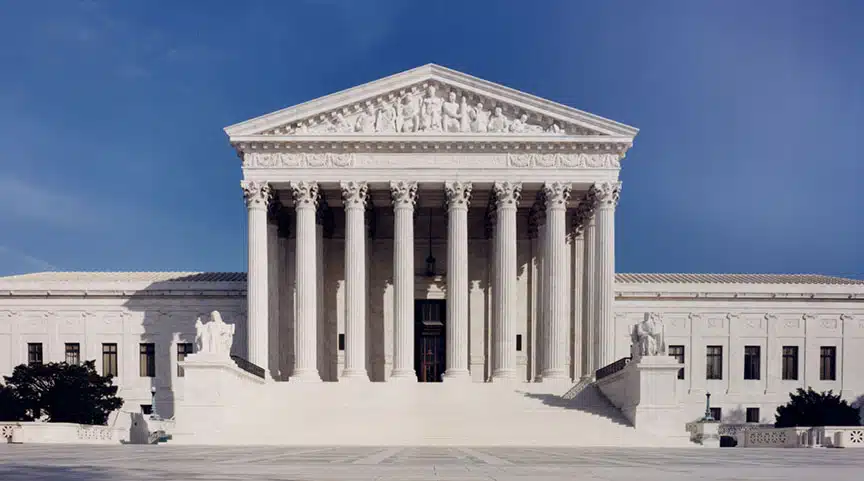The Consumer Financial Protection Bureau’s victory at the Supreme Court on Thursday answers for now the question of its constitutionality and may quiet the agency’s critics, who view it as a largely unnecessary agent of federal power operating with an overly aggressive agenda.
But some payments experts fear the decision, which the high court reached by a surprising 7-2 vote, will give rise to more heartburn for the industry. “The decision will certainly embolden the CFPB to more aggressively pursue its policy preferences and to take more authority unto itself,” notes Eric Grover, principal at the financial-service consultancy Intrepid Ventures.
Some observers raise the question whether the court may have overlooked the impact the agency, which was created in 2008 in the wake of the financial crisis, can have on financial-services industries like payments. The CFPB in recent years has found cause to investigate and seek rules concerning such businesses as digital wallets, open banking, credit card late payments, and buy now, pay later lending. Its targets over the years have included major payments companies like ACI Worldwide Inc. and Block Inc., operator of the popular Cash App wallet.

Thursday’s Supreme Court verdict stemmed from a decision by the U.S. Court of Appeals for the Fifth Circuit, which noted the CFPB’s funding source—which is the Federal Reserve rather than, as with many federal agencies, Congress—renders the agency unconstitutional. The decision stemmed from a case involving the agency’s payday lending rule. By contrast, the majority of the Justices saw nothing notable about the agency’s drawing its funding from the Fed.
But the decision’s implications for the financial-services industry may go much deeper, observers note. “The majority of the Court agreed that the Bureau’s funding passes Constitutional muster. The question is whether or not passing Constitutional muster equals good policy,” notes Ben Jackson, chief operating officer at the Innovative Payment Association, a Washington, D.C. trade group. Jackson writes the monthly Payments 3.0 column for Digital Transactions magazine.
Some experts fear bad policy could be likely. “The Supreme Court’s majority decision says if the law Congress passes ‘authorizes expenditures from a specified source of public money for designated purposes,’ it’s Constitutional,” notes Grover. The fear now, he notes, is that the CFPB can proceed with little or no Congressional oversight.
The decision aside, payments experts were also surprised by the lopsided vote on the Court. Only two of the court’s conservative Justices opposed the decision, while the majority opinion was written by staunch conservative Clarence Thomas. “The decision wasn’t a big surprise, but the margin was,” says Grover. In a statement, the CFPB lauded the ruling, saying, “The Court repudiated the arguments of the payday loan lobby and made it clear the CFPB is here to stay.”
Jackson, though, says there’s still a downside for the CFPB, despite its victory at the Supreme Court. “Looking at the big picture, the Supreme Court’s decision is a win for the Bureau and may eliminate some future court challenges to rules,” he notes. “But it may raise the stakes of the next election for the CFPB, because a change in the control of Congress could lead to a legislative effort to restructure the CFPB in the next Congress.”






